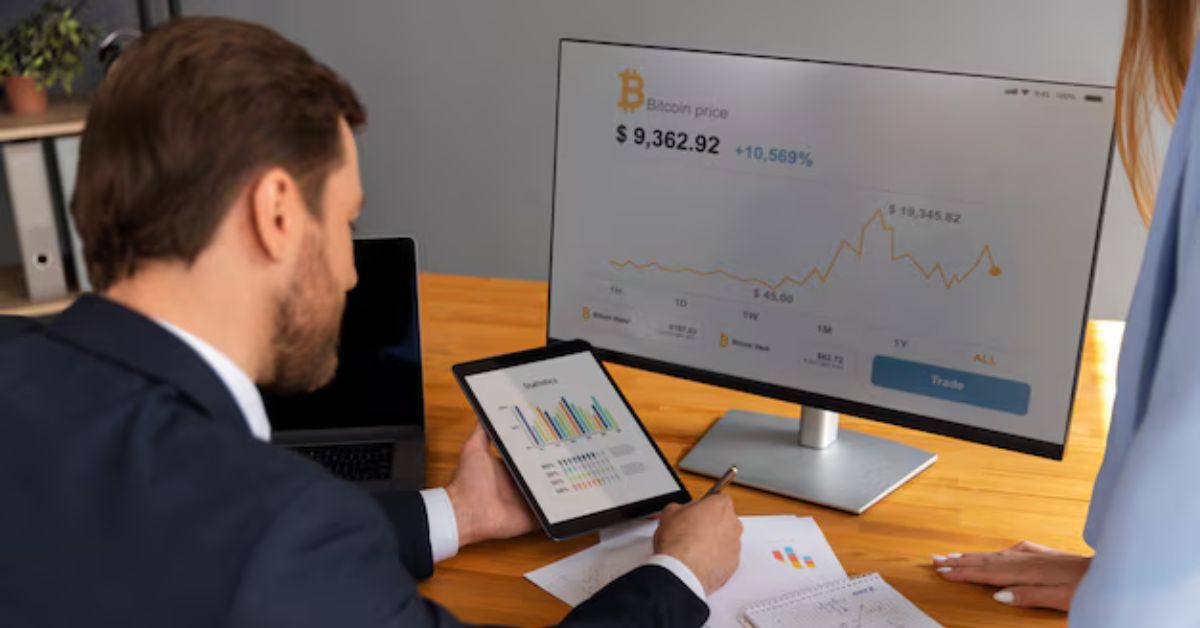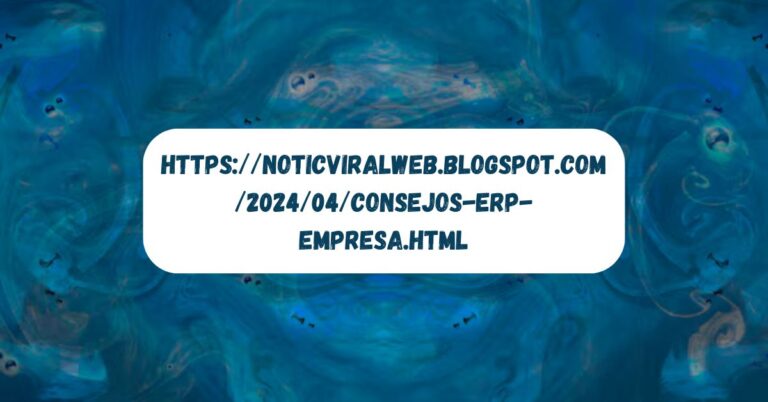Fetch_senate_trading_data: A Comprehensive Guide
Transparency in governance is a cornerstone of democracy, and in recent years, the importance of monitoring financial activities of public officials has come under the spotlight. The keyword “fetch_senate_trading_data” encapsulates the idea of retrieving, analyzing, and understanding trading data related to U.S. Senators. This data provides insight into the financial activities and investment decisions of elected officials, ensuring accountability and mitigating potential conflicts of interest.
In this article, we explore what Senate trading data entails, the tools and methods to fetch it, its significance in fostering transparency, and the ethical considerations surrounding its use.
What is fetch_senate_trading_data?
Fetch_senate_trading_data data refers to information about stock trades, financial transactions, and investment activities of U.S. Senators. Under the Stock Act of 2012 (Stop Trading on Congressional Knowledge Act), lawmakers and high-ranking federal officials are required to disclose their trading activities publicly. These disclosures aim to prevent insider trading and ensure that elected officials are not leveraging privileged information for personal financial gain.
The data includes:
- Stock purchases and sales
- Investments in mutual funds
- Options contracts and other financial instruments
The goal of making this data accessible is to foster public trust by providing visibility into the financial dealings of those in power.
The Importance of Fetching Senate Trading Data
The ability to fetch Senate trading data serves several critical purposes. First and foremost, it empowers citizens, journalists, and watchdog organizations to hold senators accountable for their financial activities. By analyzing trading patterns, potential conflicts of interest can be identified, such as instances where senators trade stocks related to industries they oversee.
Furthermore, this data provides insights into market behavior. Since senators may have access to exclusive information, their trading activities can inadvertently signal trends or shifts in specific sectors. For example, a sudden influx of trades in healthcare stocks could reflect impending legislative changes in that industry.
How to Fetch Senate Trading Data
Fetching fetch_senate_trading_data involves accessing publicly available records that disclose financial transactions of senators. This data is made available through the following avenues:
Public Disclosure Websites
The U.S. Senate and House of Representatives maintain online databases where financial disclosures can be accessed. These platforms allow users to search for individual senators and review their transaction reports. However, the format of these disclosures can vary, often requiring additional processing to extract meaningful insights.
Third-Party Platforms
Several independent organizations and platforms aggregate Senate trading data for easier access and analysis. Examples include OpenSecrets.org and GovTrack.us. These platforms often provide user-friendly interfaces and analytical tools to help users explore patterns and trends within the data.
Application Programming Interfaces (APIs)
For developers and researchers, APIs are invaluable tools for automating the fetching of Senate trading data. Some organizations offer APIs that allow users to programmatically access raw data, enabling large-scale analysis. APIs streamline the process by eliminating the need for manual data collection, making them a preferred choice for tech-savvy users.
Web Scraping Techniques
In cases where data is not readily available in structured formats, web scraping can be employed to extract information from public websites. This method involves using software tools to fetch data directly from online resources. While effective, web scraping must be done ethically and in compliance with legal regulations.
Analyzing Senate Trading Data
Once the data is fetched, the next step is analysis. Analyzing Senate trading data involves identifying patterns, correlations, and anomalies in trading behavior. Key questions to address during analysis include:
- Are there patterns of trading before major legislative decisions?
- Do specific industries see heightened trading activity by certain senators?
- Are there instances of non-compliance with disclosure requirements?
Data visualization tools such as Tableau or Microsoft Power BI can be employed to create graphs and charts, making it easier to interpret the findings.
Legal and Ethical Considerations
While accessing Senate trading data is legal and encouraged under the principles of transparency, there are ethical considerations to keep in mind. The primary objective of analyzing this data should be to promote accountability and prevent misuse of privileged information. Sensationalizing or misinterpreting the data for personal gain can undermine its intended purpose.
Additionally, it is essential to respect privacy. Although senators are public figures, their financial data may include information about family members or dependents. Ensuring that analysis remains focused on institutional accountability rather than personal scrutiny is critical.
Real-World Impacts of Senate Trading Data
The public availability of Senate trading data has already had significant real-world implications. In 2020, reports surfaced alleging that several senators sold off stocks after receiving classified briefings about the COVID-19 pandemic, raising questions about potential insider trading. These events underscored the importance of having mechanisms to fetch and scrutinize such data.
Moreover, increased scrutiny of trading activities has led to discussions about potential reforms. Some lawmakers have proposed banning individual stock trading by members of Congress altogether, arguing that it would eliminate even the perception of impropriety.
Technological Innovations in Fetching Data
Technological advancements have revolutionized the process of fetching and analyzing Senate trading data. Machine learning algorithms and artificial intelligence are increasingly being used to detect anomalies and predict potential conflicts of interest. These technologies enhance the speed and accuracy of data analysis, allowing for deeper insights into complex datasets.
Blockchain technology has also been proposed as a solution for ensuring the integrity of financial disclosures. By recording disclosures on an immutable ledger, blockchain could enhance trust and reduce the likelihood of manipulation.
Challenges in Accessing Senate Trading Data
Despite its public availability, accessing and utilizing Senate trading data is not without challenges. Disclosures are often submitted in inconsistent formats, making data processing labor-intensive. Moreover, delays in reporting can hinder timely analysis. Addressing these challenges requires collaboration between government agencies, technologists, and transparency advocates.
Future of Senate Trading Data Transparency
The future of Senate trading data transparency is promising. As public demand for accountability grows, policymakers may adopt stricter regulations and improved disclosure mechanisms. Enhanced digital platforms and open data initiatives are likely to make the process of fetching and analyzing data more efficient.
The role of civil society in driving transparency cannot be overstated. Journalists, researchers, and activists will continue to play a pivotal role in ensuring that Senate trading data serves its intended purpose of promoting accountability and public trust.
Conclusion
The ability to fetch_senate_trading_data represents a critical step in fostering transparency and accountability within the U.S. government. By making the financial activities of senators accessible for public scrutiny, this data empowers citizens to hold elected officials accountable and ensures that legislative decisions are made in the best interest of the public.
Through technological innovation, ethical analysis, and collaborative efforts, the potential of Senate trading data to promote good governance is immense. As we move forward, continued vigilance and advocacy will be essential to realizing the full benefits of this vital resource.







